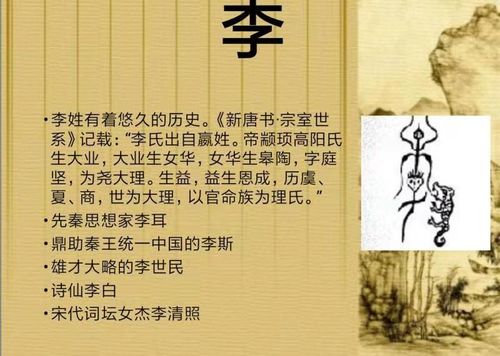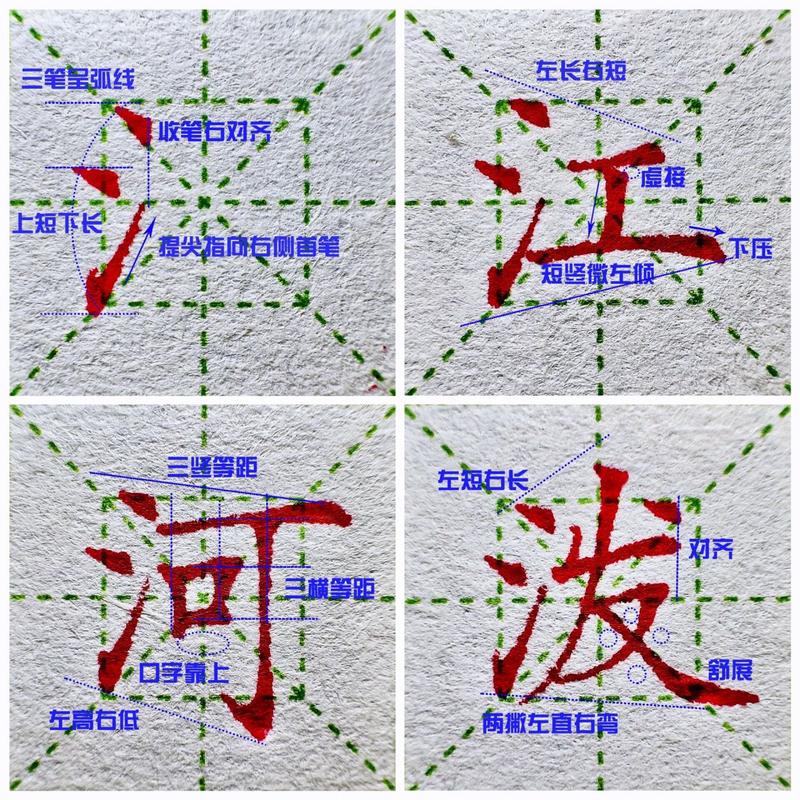国外孩子起名规定年龄是多少
Title: Guidelines for Naming Children in Different Cultures
In various cultures around the world, naming a child is a significant and symbolic act, often governed by traditions, customs, and even legal regulations. Understanding the age at which children can be named in different countries is crucial for parents navigating this important decision. Let's delve into the regulations and cultural practices surrounding naming children in various regions.
United States:
In the United States, there are no strict regulations regarding the age at which a child must be named. Parents typically choose a name shortly after birth, sometimes even before. Birth certificates are usually issued with the chosen name within a few days of the child's birth. However, there's no legal requirement to name a child immediately, and some parents take their time to decide on the perfect name.
United Kingdom:
Similar to the United States, there's no specific age requirement for naming children in the United Kingdom. Parents are usually required to register the birth of their child within 42 days, during which they must provide the child's name. However, it's not uncommon for parents to choose a name before birth and announce it shortly after the baby is born.
China:
In China, naming a child is a significant event, often guided by cultural and familial traditions. While there isn't a strict age requirement for naming, it's customary for parents to choose a name shortly after birth. Chinese names are typically chosen based on auspicious meanings and the balance of elements according to traditional beliefs. However, in recent years, some parents opt for Westernstyle names or a combination of both Chinese and Western names.
India:
Naming ceremonies are an essential tradition in Indian culture, often held within a few weeks of a child's birth. While there's no specific age requirement for naming, parents usually finalize the name before or during the naming ceremony. Indian names are often deeply rooted in religion, mythology, and family history, with each name carrying significant meaning and symbolism.
Japan:
In Japan, children are typically named shortly after birth. While there's no legal requirement to name a child immediately, parents usually register the birth and choose a name within a few days. Japanese names are meticulously chosen, often based on the meanings of individual kanji characters and the overall harmony of the name.
Recommendations:
1.
Research Cultural Traditions
: Before naming your child, explore the cultural traditions and customs of your own heritage or any cultural influences you wish to incorporate into the name.2.
Consider Legal Requirements
: Familiarize yourself with any legal requirements or deadlines for registering your child's name in your country or region.3.
Choose Meaningful Names
: Select names that hold personal significance, whether they're based on family history, cultural heritage, or personal beliefs.4.
Seek Feedback
: Discuss potential names with family members or close friends to gather feedback and ensure your chosen name resonates with others.5.
Embrace Diversity
: In an increasingly interconnected world, consider embracing diversity by exploring names from different cultures and languages, celebrating the richness of global heritage.In conclusion, while there may not be strict age requirements for naming children in many cultures, the act of choosing a name is a deeply meaningful and culturally significant decision for parents around the world. By understanding the traditions, legal regulations, and cultural practices surrounding naming, parents can make informed choices that reflect their values and honor their heritage.











